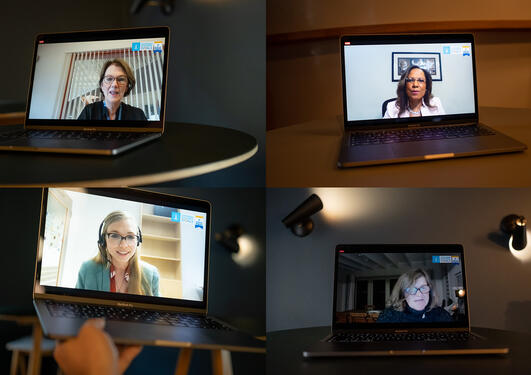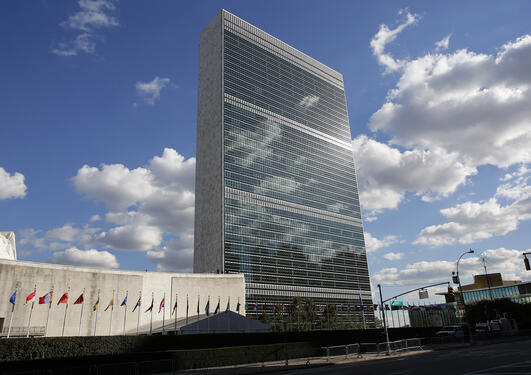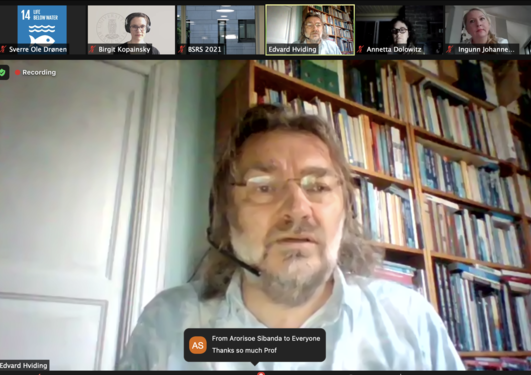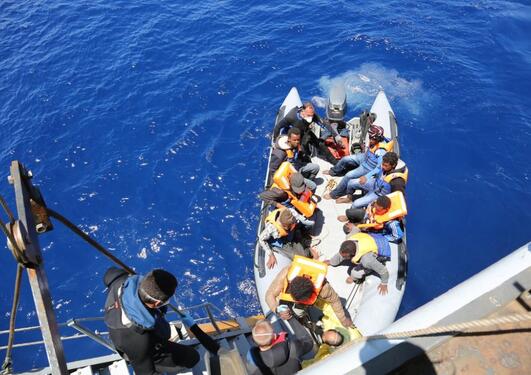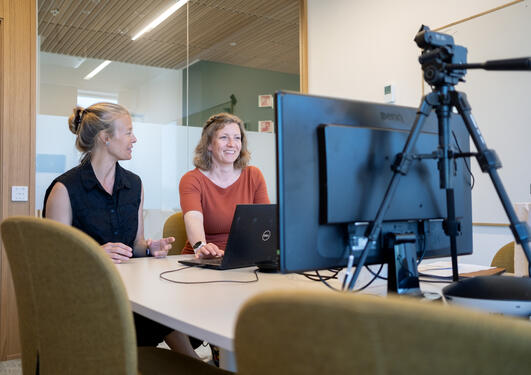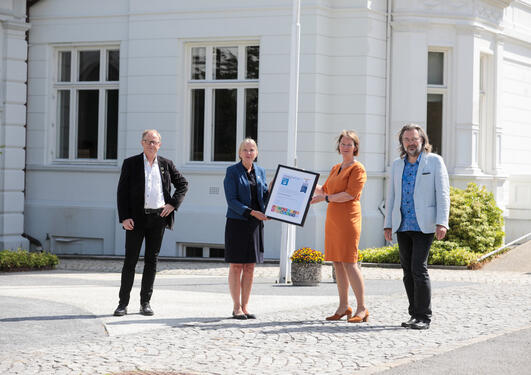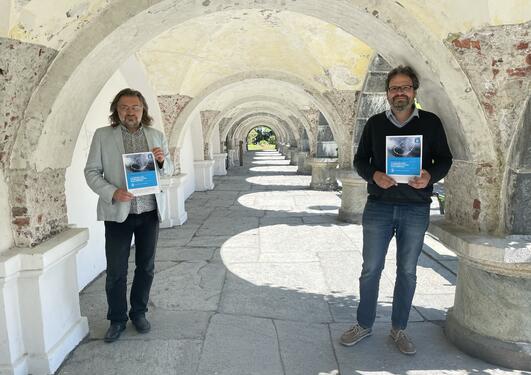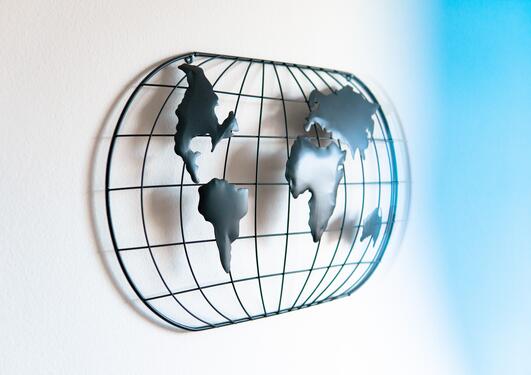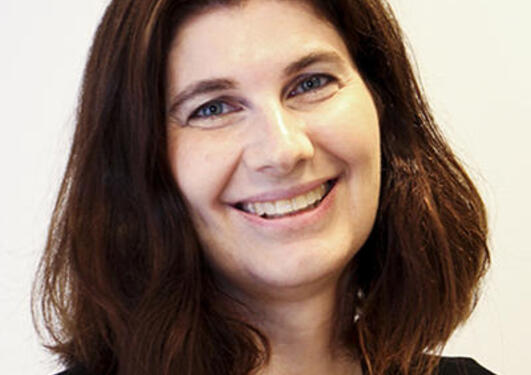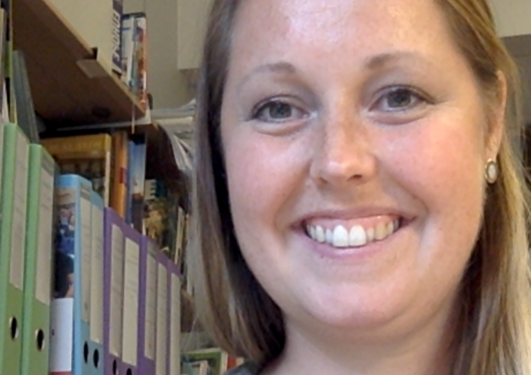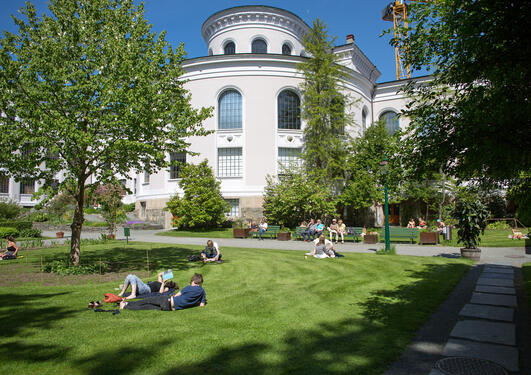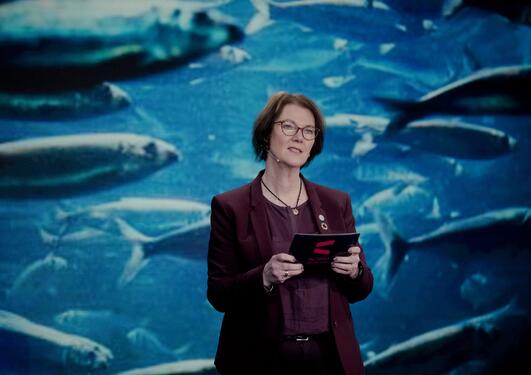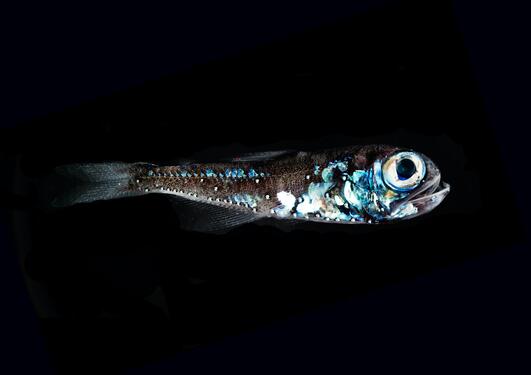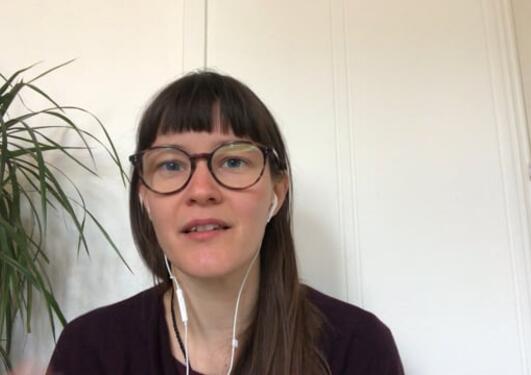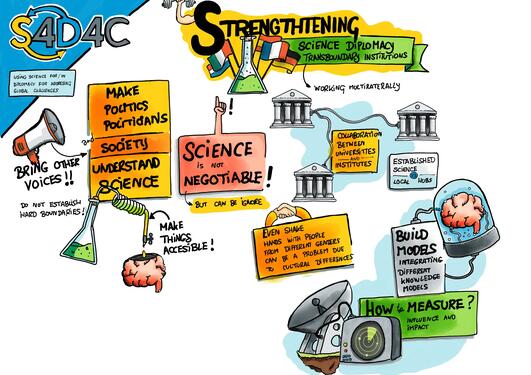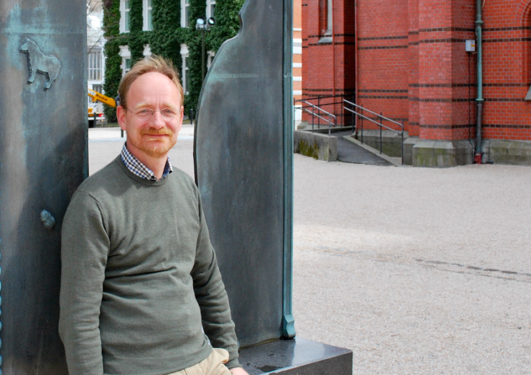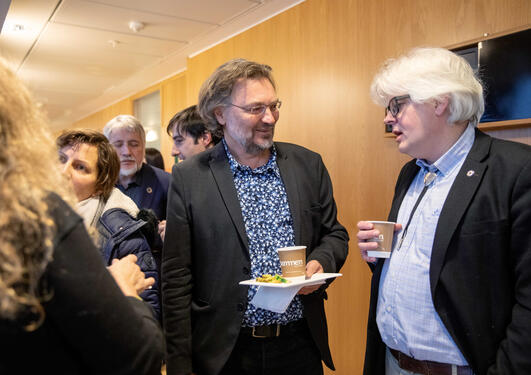News archive for Global Challenges
Ocean literacy took centre stage at the side event “Partnering to educate the ocean science leaders of the future” during the 2021 High-level Political Forum.
The UN High-level Political Forum (HLPF) meets each July, bringing together stakeholders from politics, diplomacy, civil society, industry, trade unions, academia and others to discuss progress on the Sustainable Development Goals (SDGs) leading up to 2030.
During this year’s Bergen Summer Research School, 17 SDG-oriented policy briefs were produced by more than 100 enthusiastic participants as part of a joint call by PhD for Innovation and SDG Bergen Science Advice.
Global displacement has reached an all time high in 2021. The world has never needed the UN Refugee Convention more than in its 70th anniversary year.
For the second time, the annual Bergen Summer Research School was an online event — this time with special sessions on systems-thinking and innovative digital social activities.
In 2018, the University of Bergen was appointed the SDG14 Hub for United Nations Academic Impact (UNAI) for a three-year period. This month it has been announced that the university will enjoy three more years as SDG14 Hub.
The SDG Bergen Policy Brief series is a novel and innovative way to communicate with policy-makers to engage with the Sustainable Development Goals (SDGs). The goal is to have more research-based information reach policy-makers for societal impact.
SDG Bergen Science Advice has provided input to the national SDG plan for Norway. Our input is inspired by the University of Bergen’s longstanding scientific advice towards the UN system and targeted approach to the 2030 Agenda.
PhD Candidate Kari Hagatun, the former co-coordinator of IMER Junior Scholar Network, will be defending her thesis on Friday, 28 May.
PhD Candidate Ann Cathrin Corrales-Øverlid, the former coordinator of IMER Junior Scholar Network, will be defending her thesis on Friday, 21 May.
Four of the five most popular master programmes among international applicants directly tackle global challenges.
SDG Bergen was registered as an SDG Action in January 2018 with a completion date set for 1 August 2021. The SDG Action has now been completed three months ahead of schedule.
Chr. Michelsen Institute and the University of Bergen have a long-standing agreement to strengthen development-related research in Bergen. We now invite applications for collaboration between our two institutions for 2021-2022. Deadline 15 June, 2021.
SDG Bergen kickstarted the UN Ocean Decade through a 100 day communications experiment. Giving it 100% for the ocean, showing various examples of ocean science and ocean science diplomacy.
UNESCO has announced Postdoctoral fellow Alicia May Donnellan Barraclough as one of five global Young Spokespeople for its Man and Biosphere programme.
“Science is not negotiable, but it can be ignored,” said Professor Edvard Hviding in a debate on transboundary institutions at the S4D4C final networking meeting.
Religious minorities can challenge societal consensus on how people should lead their lives. How much difference are societies and states willing to allow for? A brand-new online master’s program aims to improve our knowledge about religious minorities around the world.
The Research Council of Norway is supporting the establishment of the Norway-EU Science Diplomacy Network with NOK 1 million. This is the first time SDG Bergen is partner in a research grant.
Pages
- January 2026 (1)
- December 2025 (1)
- November 2025 (1)
- September 2025 (1)
- July 2025 (2)
- June 2025 (3)
- April 2025 (2)
- February 2025 (2)
- January 2025 (2)
- November 2024 (1)
- October 2024 (1)
- September 2024 (5)
- August 2024 (3)
- July 2024 (1)
- June 2024 (6)
- May 2024 (1)
- April 2024 (3)
- March 2024 (4)
- February 2024 (2)
- January 2024 (3)
- December 2023 (5)
- November 2023 (3)
- October 2023 (2)
- September 2023 (5)
- August 2023 (2)
- June 2023 (3)
- May 2023 (4)
- April 2023 (4)
- March 2023 (6)
- February 2023 (3)
- January 2023 (3)
- November 2022 (2)
- September 2022 (1)
- June 2022 (2)
- May 2022 (2)
- April 2022 (3)
- March 2022 (1)
- February 2022 (2)
- January 2022 (1)
- December 2021 (2)
- November 2021 (1)
- October 2021 (4)
- September 2021 (1)
- August 2021 (1)
- July 2021 (1)
- June 2021 (7)
- May 2021 (4)
- April 2021 (2)
- March 2021 (7)
- February 2021 (4)
- January 2021 (1)
- December 2020 (4)
- November 2020 (5)
- October 2020 (3)
- September 2020 (1)
- August 2020 (2)
- July 2020 (2)
- June 2020 (5)
- May 2020 (3)
- April 2020 (5)
- March 2020 (3)
- February 2020 (2)
- January 2020 (3)
- December 2019 (2)
- November 2019 (4)
- October 2019 (7)
- September 2019 (3)
- August 2019 (3)
- July 2019 (6)
- June 2019 (2)
- May 2019 (3)
- April 2019 (3)
- March 2019 (2)
- February 2019 (4)
- January 2019 (3)
- December 2018 (1)
- November 2018 (4)
- October 2018 (3)
- September 2018 (2)
- August 2018 (2)
- July 2018 (4)
- June 2018 (3)
- May 2018 (1)
- April 2018 (1)
- March 2018 (2)
- February 2018 (3)
- January 2018 (3)
- December 2017 (1)
- November 2017 (3)
- October 2017 (1)
- September 2017 (1)
- August 2017 (1)
- July 2017 (1)
- June 2017 (6)
- May 2017 (3)
- April 2017 (1)
- March 2017 (1)
- January 2017 (1)
- November 2016 (1)
- August 2016 (1)
- June 2015 (1)
